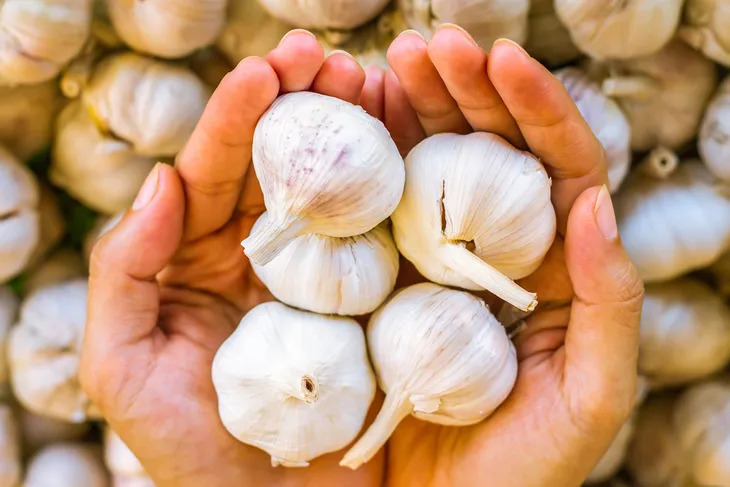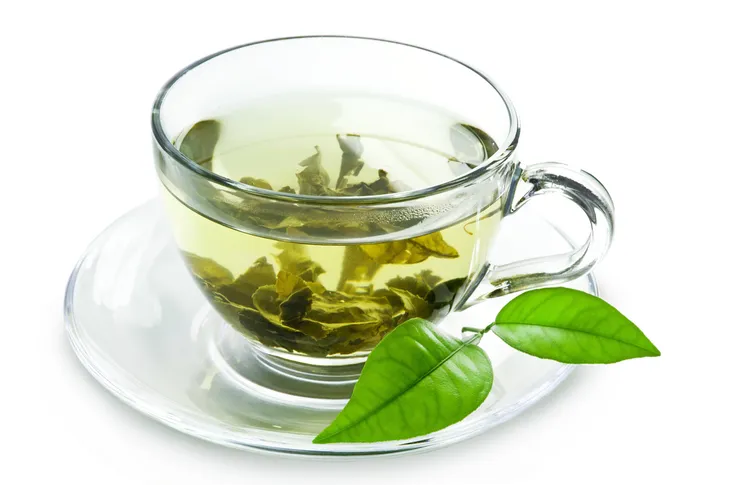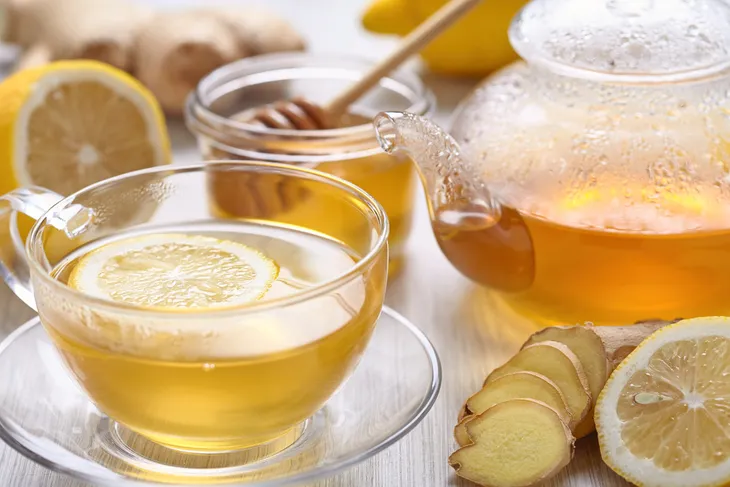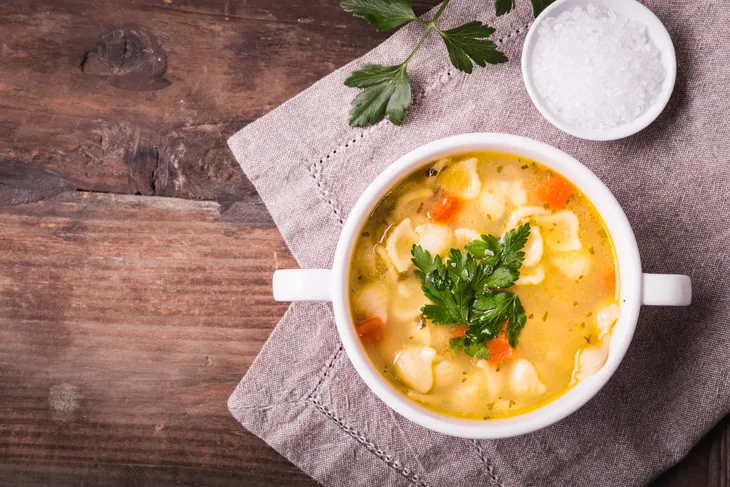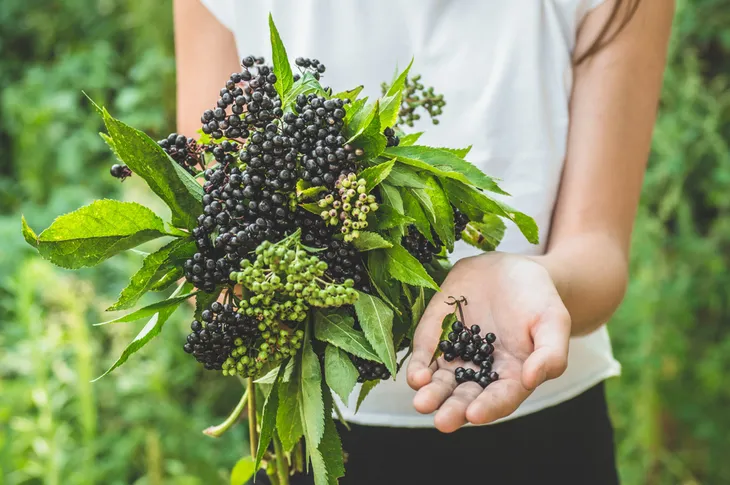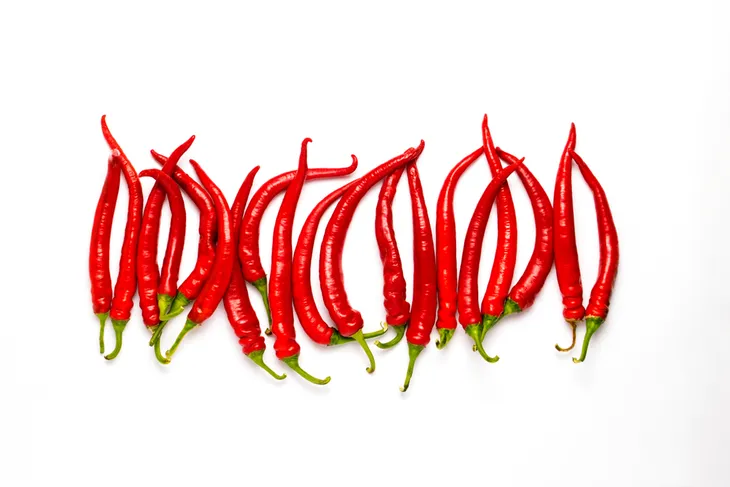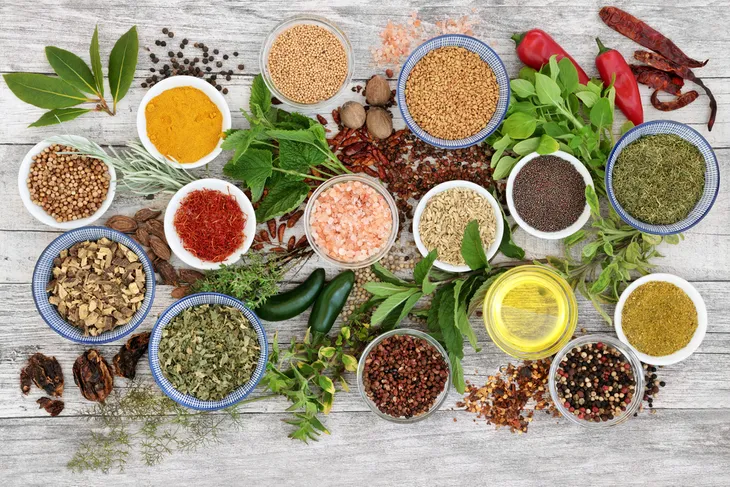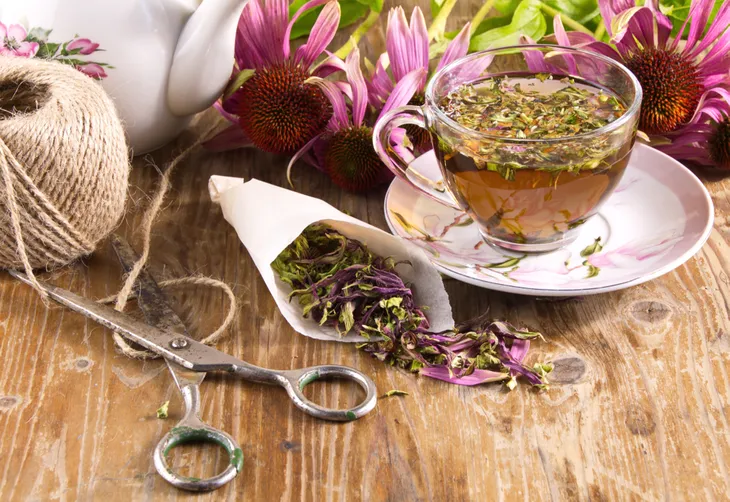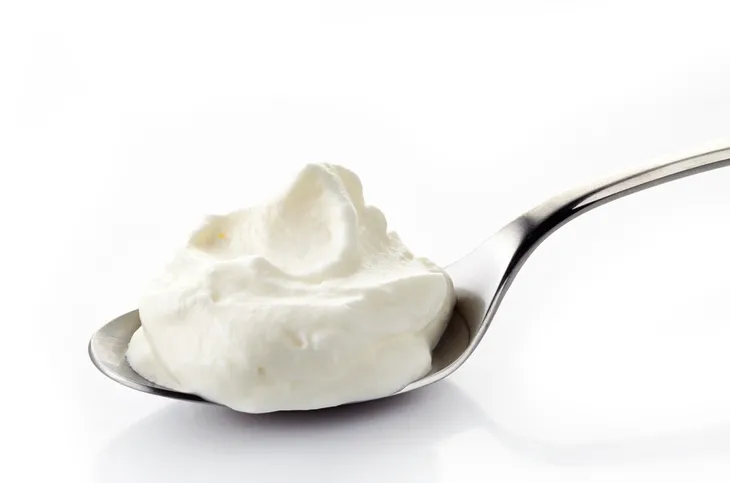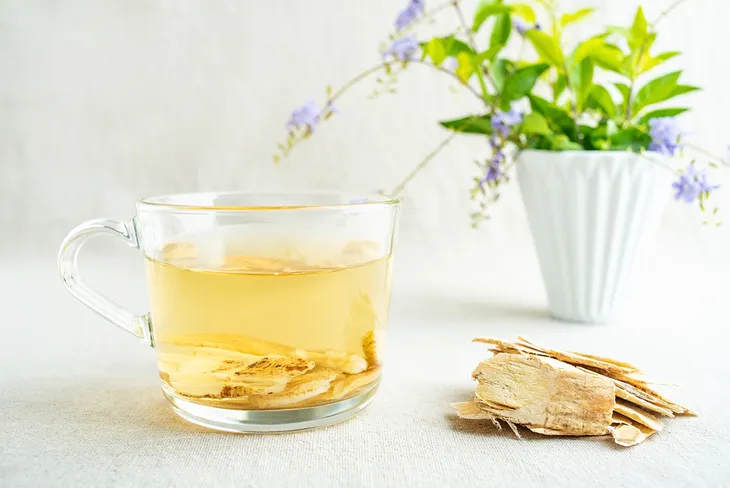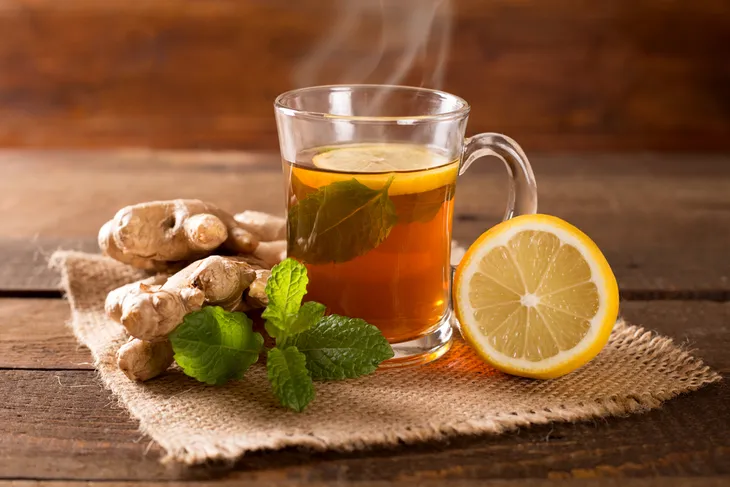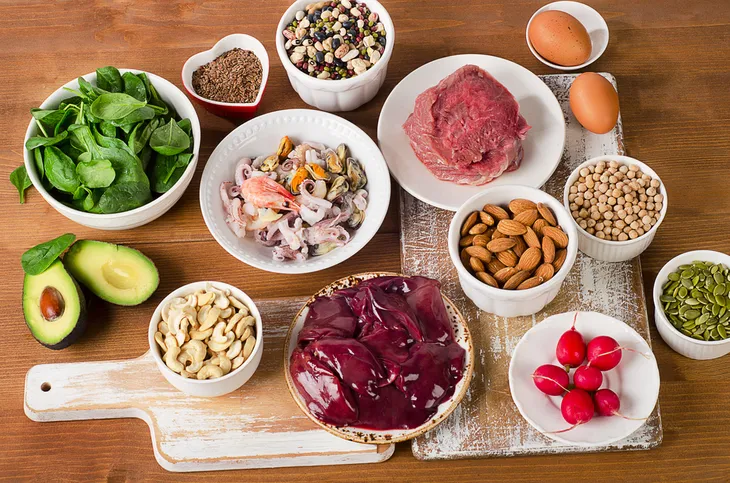‘Tis the Season for last minute trips to the mall, late night wrapping sessions, fatty holiday meals, and don’t forget all of the family and financial stress that lead to lost sleep! It’s little wonder why most of us come down with the flu at some point before Christmas.
Sure, though there are over-the-counter cough and cold remedies that you can use to battle through, but many folks prefer more natural flu remedies when their bodies are already weak and sick. Start preparing for the long, miserable cold and flu season ahead with the following 15 natural holiday immune boosters and flu-fighting heroes…
Garlic
Fighting the flu and blood sucking vampires with just one single clove, garlic packs a strong punch thanks to the immune-boosting sulfur compounds, alliin when crushed produces the strong antibacterial agent allicin, says the University of Rochester Medical Center.
Allicin is known for its natural antibiotic prowess and ability to inhibit bacteria growth, yeast, and fungi, and reduce general cold and flu symptoms.
Green Tea
A warm cup of tea can be a comforting remedy when feeling under the weather. According to Everyday Health, it’s more than just a comfort. This is because green tea contains catechins and theanine and research shows that both of these ingredients are great for fighting off the flu. “Catechins are known for their ability to fight oxidation, process that damages cells,” writes the source.
The source refers to a study that found individuals who consumed green tea extract had lower instances of catching the flu than those who took a placebo. In addition to the catechins and theanine, green tea also contains immune boosting antioxidants. Antioxidant-rich green tea boosts immune function, which makes it an efficient flu prevention and fighter. So we suggest consuming green tea any chance you get to not only prevent the flu, but help fight against it! Drink it any chance you get in hot and cold beverage form, as well as in capsule form.
Honey
Studies show that nature’s sweet stuff, especially buckwheat honey, can do its part to reduce coughs by coating and soothing irritated throats. It’s also known for its soothing properties—a teaspoon of honey in a cup of herbal tea can reduce a stubborn cough at bedtime and help you sleep.
Chicken Soup
It turns out that mom’s cure-all for the cold and flu isn’t just a nice, warm hug for the soul; it’s also rich in vitamin A, which naturally boosts the body’s immunity against foreign invaders. You can also boost the benefits by adding in lots of veggies like carrots, which are an excellent source of beta-carotene, as well as antibacterial-rich onions and garlic.
For the most part, soup is going to help ease the symptoms of the flu. According to WebMD, a study published in the journal Chest found that chicken soup can help ease the symptoms of an upper respiratory tract infections such as the flu. However, some of it might just be an emotional support. “When you lean over a bowl of hot chicken soup and the vapor gets up your nose, you feel better,” says William Schaffner, MD, chairman of preventive medicine at Vanderbilt University School of Medicine in Nashville, Tenn.
Elderberries
Oranges have nothing on elderberries! These little, purple bundles pack a strong vitamin C, vitamin A, beta-carotene, flavonoid, and polyphenol punch—which not only ease inflammation, but can lessen the symptoms of the cold and flu, reports WebMD.
Hot Peppers
Suffering from non-allergic rhinitis? Well, then it’s time to turn up the heat…not in your home, but in your food! Capsaicin, a natural compound found in some hot peppers is an ingredient in certain nasal sprays used to treat non-allergic rhinitis, reports Medical News Today.
You can also eat foods that contain capsaicin to gain similar benefits. Initially, it may make your runny nose worse, but should improve after you have finished eating.
Spices
Spices, like cinnamon, turmeric, coriander, and cloves are super rich in antioxidants, which boost the immune system and help ward off the flu. If you feel a tickle or a cough coming on, mix a pinch of cinnamon or cloves into your morning oatmeal, coffee, or hot apple cider to prevent the flu from setting in. (Here are some more Reasons To Spice Up Your Diet).
Echinacea
This traditional remedy used by Native Americans contains polysaccharides, which have antiviral and antibacterial properties and boost infection-fighting white blood cells. Taking just 3-grams of Echinacea purpurea (in tea or supplement form) each day can help reduce flu symptoms and put you on the path to recovery.
Yogurt
We already know that yogurt promotes healthy bacteria growth in the digestive system, but perhaps you didn’t know this: immune function occurs in the digestive tract!
Rest
Don’t feel guilty about being a couch potato. It’s important to listen to your body, says WebMD. Pushing yourself to show up to work or go to the gym will only prolong your illness and possibly spread it to others, take a sick day or two and rest. Rest is “another way of supporting the body’s ability to fight infection,” says Reid B. Blackwelder, MD, professor of family medicine at East Tennessee State University in Kingsport to WebMD.
Even though the holidays are a busy time of year, you should also make sure to get enough sleep. A good night’s sleep will help build up the strength and natural immunity to fight off a pending cold or flu. “Good sleep cycles help the immune system work well, so it’s important to get your full eight hours of sleep each night,” adds Schaffner to the source.
Astragalus
If you’re like me, you might not have ever heard of astragalus. Everyday Health explains that astragalus is the root of a plant that is often used in Traditional Chinese Medicine. It can be used to fight against the flu because it’s known to protect against immune stressors. “It is also thought to help boost the immune system and prevent the flu and upper respiratory infections,” says the source.
You can consume astragalus during flu season as a preventative method because it is considered to have an antiviral effect. Everyday Health advises taking 200-mg twice a day to protect against the cold and flu. Before doing that, check with your doctor before taking any new supplements because they can affect your metabolism and interfere with any other medications.
Ginger
Ginger is so much more than just a cooking ingredient that adds a boost of flavor to a dish. It also has some pretty great health benefits, particularly ginger root. This food has been used as a natural remedy for centuries, and as of late we finally have the research to back it up. If you’re going to use ginger as a remedy to battle the flu, cut a few slices of raw ginger root and put it in some boiling water. This will help soothe a cough or sore throat.
In addition to this, “research suggests that it can also ward off the feelings of nausea that so often accompany influenza,” writes Healthline. The source cites one particular study that was published in the British Journal of Anaesthesia which found that just 1-gram of ginger can “alleviate clinical nausea of diverse causes.”
Consume More Zinc
Zinc isn’t a mineral we talk about often but it’s actually really important for our immune system which is why it’s considered to be a great flu fighter. “This nutrient helps your body make germ-fighting white blood cells,” writes Healthline. And according to research published in the SA Pharmaceutical Journal, zinc can help not only boost our immune system, but also help ease any symptoms associated with the flu. “Zinc helps your body fight the flu virus and may slow down how fast it multiples,” adds the source.
During the months of cold and flu season, you can take a zinc supplement or multivitamin to prevent yourself from getting sick. But for most people, as long as you’re eating a healthy, well-balanced diet, you should be able to get enough zinc from your diet. There are plenty of foods that are high in zinc. Healthline provides a list which includes: red meat, shellfish, lentils, chickpeas, beans, nuts, seeds, dairy, and eggs.
Drink Lots of Water
We should all be drinking lots of water on a regular basis, but this becomes even more important when your immune system is down and you’re battling the flu. This is because the flu can cause dehydration, particularly for those who are plagued with bouts of vomiting diarrhea. As a result, WebMD advises drinking lots of fluids in order to help battle the flu and get better for the holidays.
Stay away from caffeinated drinks like coffee and soda because these will only make you more dehydrated. Water is the best fluid to drink, but you can also drink fruit juices for their electrolytes. Herbal tea is another good option. If you’re suffering from a sore throat, some honey in the tea will help. WebMD also notes that anyone struggling with nausea should take slow sips instead of big gulps. These will only make the nausea worse.
Vitamin C
Most of us were told as a child to drink orange juice when we’re feeling under the weather, but there’s still a lot of debate as to whether or not vitamin C is a good flu fighter or we were just told to do so because we need to find more fluids. According to Healthline, vitamin C does have some great benefits, along with other citrus fruits like limes, lemons and grapefruit. “Adding fresh lemon juice to hot tea with honey may reduce phlegm when you’re sick,” writes the source. “Drinking hot or cold lemonade may also help.”
It’s true that vitamin C can’t cure a cold or the flu, but it can be an effective fighter against the symptoms associated with both these illnesses. The vitamin C will give your immune system a much needed boost, and getting an adequate amount of this vitamin can help relieve upper respiratory tract infections and other illnesses, adds the source.

